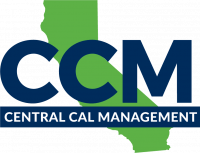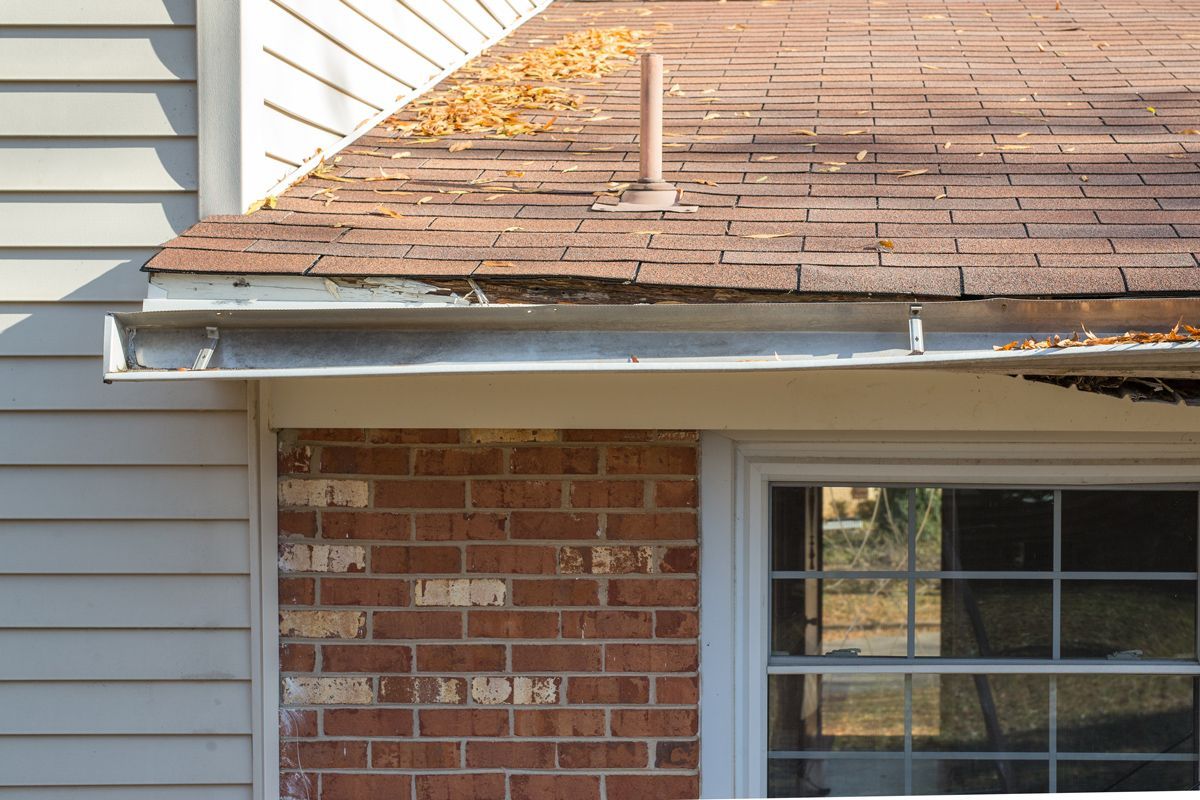
Keep Your Home Cool & Wallet Happy
Energy Efficient Tips for Summer Savings
Welcome to our comprehensive guide on how to keep your home cool during the summer while saving money and reducing energy consumption. Whether you're a homeowner or renter, our expert tips and strategies will help you achieve a comfortable environment without breaking the bank. By implementing energy-efficient solutions and making smart choices, you can enjoy a cool home, an energized wallet, and contribute to a greener future.
Understanding Energy Consumption and its Impact on Your Wallet
To kickstart our energy-saving journey, it's essential to understand the impact of energy consumption on your wallet. Inefficient cooling systems and wasteful habits can lead to higher energy bills. By adopting energy-efficient practices, you can significantly reduce your energy costs while enjoying the same level of comfort.
Did you know that cooling and heating account for nearly half of the average home's energy consumption? By practicing energy efficiency, you can trim your energy bills by up to 20%. The savings you accumulate over time can be substantial, allowing you to allocate those funds towards other household expenses or savings.
Optimize Your Cooling System with a Smart Thermostat
A programmable smart thermostat is a game-changer when it comes to managing your home's temperature efficiently. These advanced devices allow you to customize cooling schedules based on your preferences and lifestyle. Set higher temperatures when you're away and lower them when you're back. By using a smart thermostat, you'll ensure your home stays cool when needed while minimizing energy consumption when it's not.
According to the U.S. Department of Energy, homeowners can save up to 10% per year on heating and cooling costs by simply adjusting their thermostat by 7-10 degrees Fahrenheit for 8 hours a day. With a smart thermostat, you can automate these temperature adjustments, making energy savings effortless. Imagine the impact on your wallet when you consistently reduce your energy bills by up to 10%.
Energy-Efficient Appliances
Choosing energy-efficient appliances is a smart investment for long-term savings. Look for appliances with the ENERGY STAR label, as they meet strict energy efficiency standards. When it comes to cooling and heating systems, consider options with high Seasonal Energy Efficiency Ratio (SEER) ratings. These appliances are designed to provide optimal cooling while using less energy, saving both your wallet and the environment.
ENERGY STAR-certified appliances can reduce energy consumption by up to 50% compared to standard models. By investing in energy-efficient appliances, the upfront cost may be higher, but the long-term savings make it worth it. Over time, you'll experience significant reductions in your energy bills, allowing you to recoup the initial investment and enjoy ongoing savings.
Maximize Cool Air & Minimize Energy Consumption
Proper maintenance of your HVAC system goes a long way in maximizing cool air and minimizing energy consumption. Regularly clean or replace air filters to ensure optimal airflow. Additionally, seal any air leaks in your home to prevent cool air from escaping. Utilizing ceiling fans can also help circulate cool air efficiently, allowing you to set your thermostat a few degrees higher without sacrificing comfort.
By improving the efficiency of your HVAC system and ensuring proper air circulation, you can reduce your energy consumption by up to 15%. This translates to significant savings on your energy bills throughout the summer months, keeping your wallet happy while maintaining a comfortable living space.
Brighten Up with Energy-Efficient Lighting
Swap out traditional incandescent bulbs for energy-efficient LED bulbs. LEDs consume significantly less energy and produce less heat, helping to keep your living space cooler. Take advantage of natural light during the day by opening curtains and blinds strategically. This reduces the need for artificial lighting and further minimizes energy consumption.
By replacing just five of your most frequently used bulbs with energy-efficient LEDs, you can save up to $75 per year on energy costs. LEDs last significantly longer than traditional bulbs, meaning not only do they save you money on electricity, but you'll also save on replacement costs.
Efficient Water Heaters for Energy Savings
Water heaters can account for a significant portion of your energy bill. Consider switching to an energy-efficient option, such as a tankless water heater, which only heats water as needed. Additionally, simple changes like reducing hot water usage during summer, such as shorter showers, can help lower energy consumption and save money.
By upgrading to a tankless water heater, you can save up to 30% on your water heating costs. Since these units only heat water when it's needed, they eliminate the standby energy losses associated with traditional water heaters. Additionally, reducing your hot water usage by implementing simple habits can further contribute to energy savings and reduce your monthly energy bills.
The Power of Heat Pumps in Cool Air Delivery
Heat pumps are a highly efficient option for both heating and cooling your home. These systems transfer heat instead of generating it, making them more energy-efficient. By utilizing a heat pump, you can enjoy cool air in summer without putting excessive strain on your wallet or the environment.
Heat pumps can provide up to 50% savings on heating and cooling costs compared to traditional HVAC systems. They are particularly effective in regions with moderate climates like California. By investing in a heat pump, you can reduce your energy consumption while enjoying a comfortable and cool indoor environment.
Government Programs & Incentives for Energy Savings
Many government programs and utility companies offer incentives for energy-saving upgrades. Explore the available programs in your area that offer rebates or discounts on energy-efficient appliances or home upgrades. Taking advantage of these programs can significantly reduce the upfront costs of making energy-efficient improvements.
By participating in these programs and utilizing incentives, you not only save money on your initial investment but also reduce your energy bills in the long run. These incentives can range from cash rebates and tax credits to subsidized energy audits or discounted installation services. By tapping into these resources, you can maximize your energy savings while minimizing your expenses.
Small Steps, Big Savings
Simple behavioral changes can have a significant impact on your energy consumption. Utilize shade and insulation to keep your house cooler naturally. Properly shading windows, especially those facing the sun, can reduce heat gain by up to 77%. Adding insulation to your walls, attic, and ductwork can also prevent unwanted heat transfer and improve energy efficiency.
Adjusting your thermostat settings when you're away from home can lead to substantial savings as well. By increasing the temperature by a few degrees during the day or when you're on vacation, you can reduce energy consumption without sacrificing comfort. Additionally, timing activities that generate heat, such as cooking, laundry, and dishwashing, for cooler parts of the day can minimize the strain on your cooling system.
These behavioral changes not only decrease your energy consumption but also help you create a more comfortable living environment. By implementing these small steps, you can save up to 10% on your energy bills, giving your wallet some extra breathing room.
Monitoring Energy Consumption & Tracking Savings
To keep track of your progress and motivate yourself to save more, consider monitoring your energy consumption. Many smart devices and energy monitoring systems provide real-time data on your energy usage, allowing you to identify areas where you can make further improvements. By analyzing your energy-saving efforts, you'll stay motivated and continue to save both energy and money.
Monitoring your energy consumption allows you to pinpoint energy-wasting habits or appliances that may need attention. By tracking your usage, you can set specific targets for reducing energy consumption and measure your progress over time. This data-driven approach helps you make informed decisions about where to focus your efforts and identifies any inconsistencies or issues that may impact your energy efficiency.
Energy-Efficient Practices & Smart Choices
By adopting energy-efficient practices and making smart choices, you can keep cool during the summer, save energy, and save money. Understanding the impact of energy consumption on your wallet and optimizing your cooling system with a smart thermostat are essential first steps. Investing in energy-efficient appliances, maximizing cool air circulation, and implementing behavioral changes can further contribute to significant energy savings. By monitoring your energy consumption and taking advantage of government programs and incentives, you can stay motivated and make informed decisions to reduce your environmental impact and contribute to a greener future. Remember, even small behavioral changes can have a big impact on your energy bills and comfort, so start implementing these strategies today and share them with others to create a sustainable future for all.
Remember, every small effort counts. Start implementing these energy-saving strategies today and witness the positive impact on your wallet, energy bills, and the planet. Share this comprehensive guide with your friends and family, empowering them to make energy-efficient choices. Together, we can make a significant difference and create a cool, sustainable future for all.










